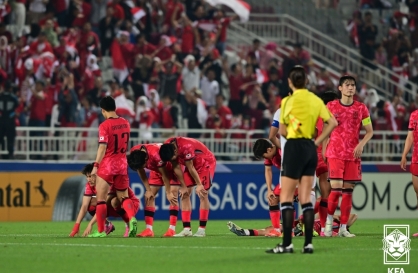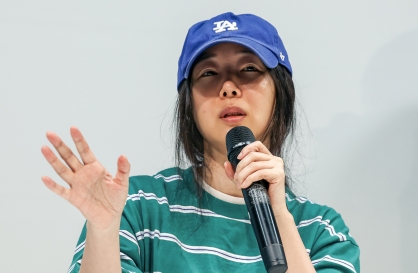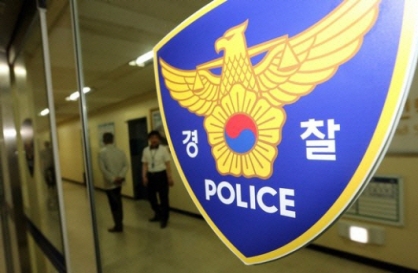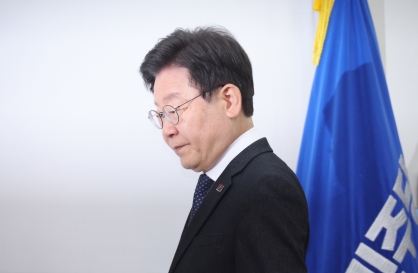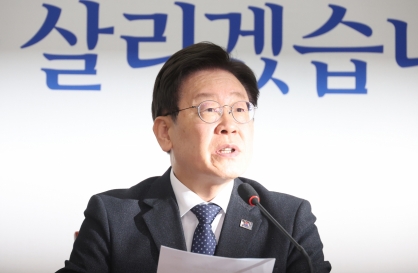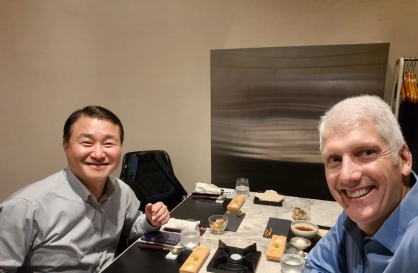 |
(123rf) |
Kim Yeon-soo, 27, was able to get her hands on a resale ticket for her favorite artist's concert, but at twice the regular price.
“I wanted to see the concert so badly, I searched social media and resale websites. Hundreds of tickets were up for sale at ridiculous prices," said Kim, an office worker. "It's upsetting to give money to scalpers who take advantage of fans’ desperation, but I didn’t have a choice."
Ticket scalpers are one of the biggest headaches for the Korean music industry, including musicals and classical music. Although scalpers have always been an issue, the problem has grown in size and scope, and ticket scalping has turned into a lucrative business.
"More than 50 percent of the tickets for sold-out performances typically go to scalpers. Sometimes they take up more than 70 percent of the seats," said Yoon Dong-hwan, the chairman of the Record Label Industry Association of Korea, who recently filed a petition for an amendment of the law to confront the ticket scalping problem.
Yoon pointed out that the introduction of macros has accelerated the growth of the ticket resale industry. Macros are automatic systems that can go through the multiple steps of purchasing a ticket in seconds. Ordinary consumers without such a program cannot compete with the speed of macro.
Scalpers make a profit by selling tickets to fans who are willing to pay an extra fee through resale sites or social media. On Ticket Bay, one of the most well-known reselling platforms, tickets for a popular boy group The Boyz concert were trading at up to 7,000,000 won ($5,410) as of last Thursday, while VIP seats for one of the best-loved ballad singers Sung Si-kyung's concert were trading at up to 1,199,900 won. The original price of each ticket is about 150,000 won.
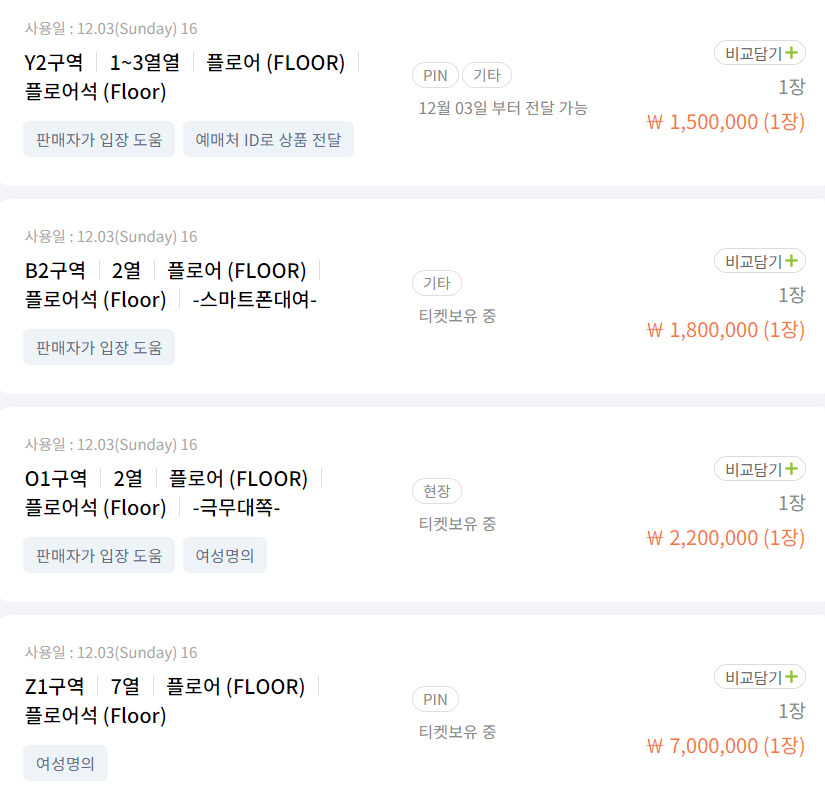 |
Screenshot of ticket resale website Ticket Bay (Ticket Bay) |
Scalpers have come up with ingenious ways to avoid crackdowns. To pass the identification check, the sellers claim the tickets in person at the ticket booth and hand them over to the buyers just before entering the performance venue. Some scalpers cancel their tickets at a prearranged time, allowing buyers to rebook them quickly and safely enter the concert venue with the ticket reserved under their name. Others attract buyers before tickets open, advertising ticket proxy purchase services using macros.
Yoon pointed out that ticket resale has now become an industry, organized and systematized. From people who buy tickets running macros to people who sell tickets on social media or secondhand trading sites and people who meet buyers and deliver tickets in person, there is a division of labor. Most of the accounts used by scalpers on ticket sales platforms are purchased from third parties that are not related to the scalpers.
While resellers continue to evolve, the legal system has not kept up with the changes. Under the current law, illegal ticket transactions refer only to transactions made in specific places, such as stadiums and performance venues. Online transactions, which account for the absolute majority of ticket resales, are not subject to punishment.
As criticisms mount, some singers and entertainment agencies have taken matters into their own hands. Singer IU has introduced a system that gives tickets to people who report inappropriate transactions while Sung Si-kyung caught a scalper with his manager posing as a buyer. However, such attempts only filter out very few cases.
Discussions on preventing scalping have spread to the political arena. At a parliamentary audit last month, Rep. Ryu Ho-jeong of the minor progressive Justice Party called on the Korea Creative Content Agency to actively operate an anti-scalping center. According to the KCCA data that Rep. Ryu submitted, the number of ticket scalping reports increased sharply after COVID-19 pandemic, from 359 in 2020 to 785 in 2021 and 4,224 in 2022.
On Nov. 25, the Ministry of Justice converted the Record Label Industry Association of Korea's petition for an amendment of the scalping law to an open petition, starting the 30-day discussion period when public opinions are gathered. The result of the discussion will be announced within 90 days of the discussion period.
The petition urged a speedy revision to the anti-scalping law, stressing that the law has never been revised since it was enacted some 50 years ago.
“The law revision will provide the legal grounds for cracking down scalpers and expanding social discussion on the inappropriate ticket resale industry overall,” said Yoo.
